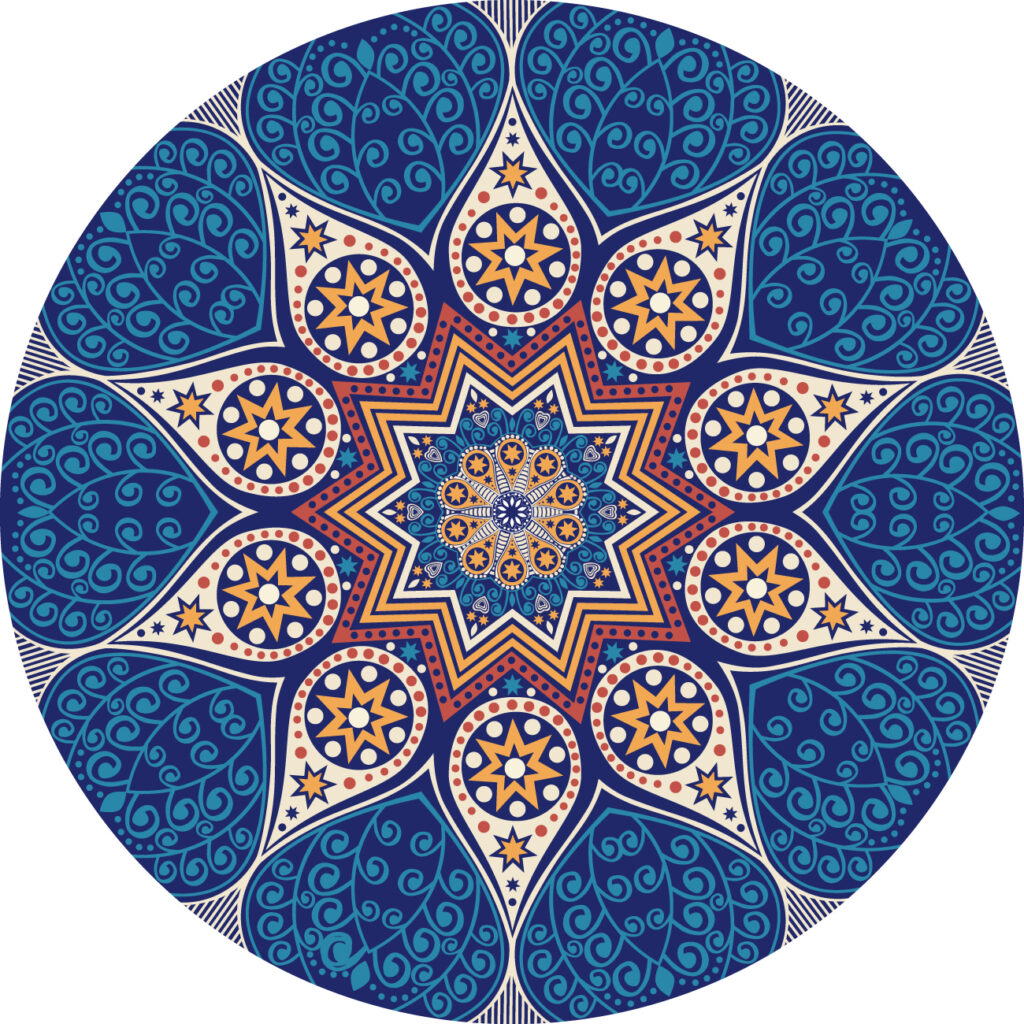
“The doctor of the future will give no medication, but will cure and prevent disease with nutrition.”
– Thomas Alba Edison
Nutrition is one of the cornerstones of health. Eating well supports energy, promotes health and wellness, helps decrease inflammation, and helps prevent disease.
Start by assessing your eating habits
To know what to change, you first need to know what your habits are. Write down the answers to the following questions the best you can. Be as truthful as you can, this is for you.
- How many servings of vegetables and fruit do you have every week?
- How many servings of whole grains do you have every week?
- How many servings of protein do you have every week?
- How many meals do you have at home every week?
- How many meals do you eat out every week?
- How many sugary drinks do you consume every week (including artificial sugars like aspartame and sucralose)?
- How many sugary treats do you have every week (candies, chocolate bars, baked goods, desserts, etc)?
- What are your “healthy” eating habits?
- What are your “unhealthy” eating habits?
- What changes are easy for you to make?
- What changes will take more time and more effort for you?
- Are there easy swaps you can make to decrease sugar, processed foods, or unhealthy foods?
- Where are your food ‘blocks’?
Work on improving your nutrition
There is no perfect diet protocol that is a one size fits all. The best diet for you is a healthy diet you can integrate as part of your lifestyle. The diet that has the most positive research is the Mediterranean diet, showing benefits for cardiovascular health, mental health, hormone health, immune health, brain health, and healthy aging. This makes it a good foundation to start from. The Mediterranean diet includes fruits and vegetables, whole grains, lean protein including poultry, fish and seafood, eggs, nuts and seeds, beans and legumes, olive oil, and other healthy fats. It limits sugar, saturated fats, alcohol, processed food, and refined grains.
To work on improving your nutrition, start with what is easiest for you. This can either be adding in some foods and/or removing others. Choose one or two things to focus on for the week as this will give you greater benefit than skipping from one thing to the next every day.
Tips to help you with this challenge
- Keep a diet diary for a few days to help track how different foods make you feel and to identify and changes you could make.
- Get the ingredients you need to help you be successful in this challenge.
- Plan meals and snacks ahead of time.
- Make sure you have healthy snacks available in case you need them, such as fruit, vegetables, nuts and seeds, etc.
- Make sure unhealthy foods you want to avoid aren’t easily accessible.
reflect on your journey
- What was easy to change to improve your nutrition?
- What was challenging when looking at improving your nutrition?
- What changes did you notice in your body, in your mood, or in your habits?
- After this one week challenge, are you willing to continue with the changes you’ve made?
